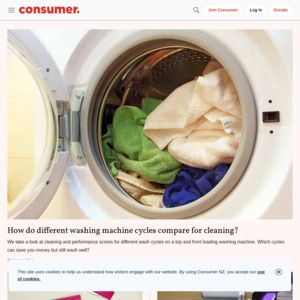Sign up for our free guide to being more green and find out:
How long your appliances should last
Which “green” clothing claims you can trust
The latest sustainable smartphone options
Are solar panels right for your home?
EV, PHEV and Hybrid running costs compared
Plus our e-bike buying guide


Straight up question:
Setting aside the financial costs and benefits of solar panels, does it make any difference to the total carbon released into the environment if we install solar panels, and all the power we currently use is electric?
I believe (and please correct me if I am wrong) that electricity is already covered by the Emissions Trading Scheme (ETS).
If so, then any electricity that we produce from a solar panel at home, is electricity that we don't purchase from a generator / retailer, and are carbon credits that we don't (effectively) use up.
That would mean that the carbon credits we did not use, are now available for someone else to use.
If there is a binding cap on emissions under the ETS, that seems to imply that installing solar panels will have zero impact on the total carbon emitted into the environment?
Am I missing something obvious, or is that how it works, and is supposed to work?